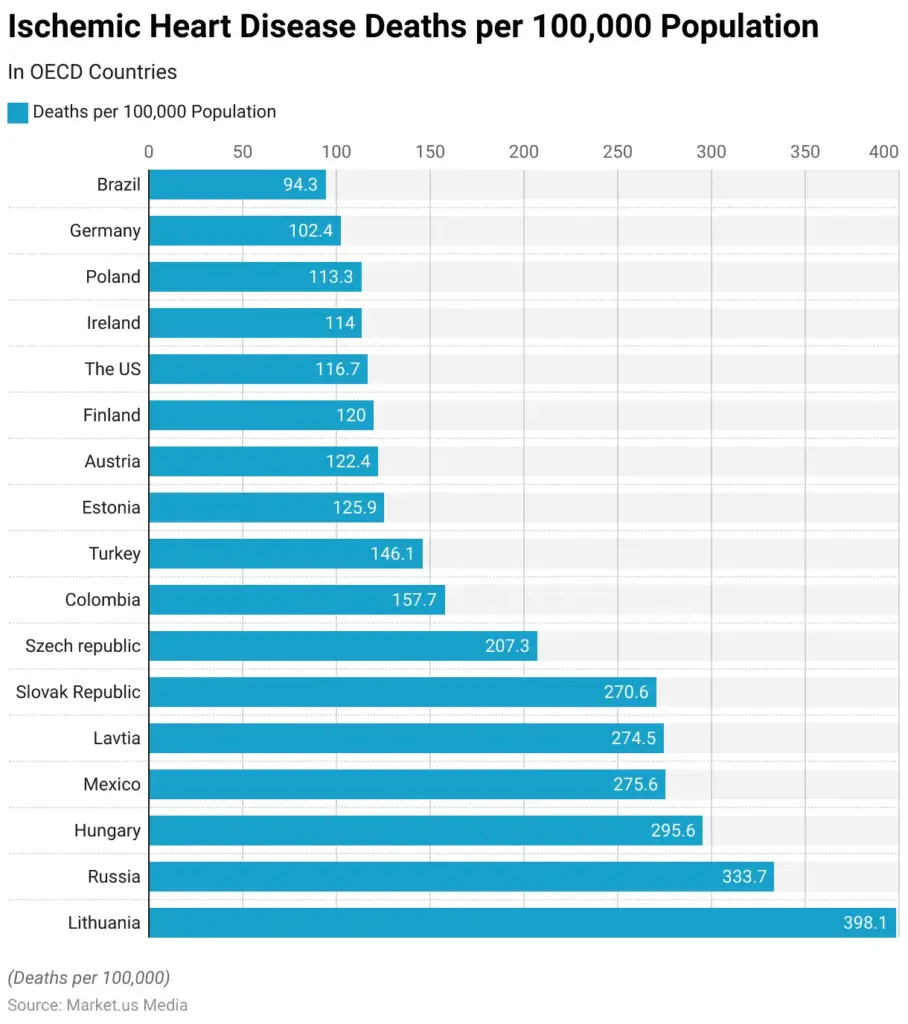Melatonin, a widely-used supplement for sleep disorders, has recently been linked to a significant increase in the risk of heart failure. This troubling finding comes from new research showing that long-term melatonin use may have serious health consequences.

While melatonin is often regarded as a safe and natural remedy for sleep problems, its prolonged use could pose unforeseen risks, especially for individuals with underlying cardiovascular conditions.
Popular Dietary Supplement
| Key Fact | Detail/Statistic |
|---|---|
| Long-term melatonin use raises heart failure risk | Users have a 90% higher risk over five years |
| Increased hospitalizations | Melatonin users 3.5 times more likely to be hospitalized for heart failure |
| Mortality risk | Users are nearly twice as likely to die from any cause |
The Link Between Melatonin and Heart Failure Risk
Melatonin is commonly used as a sleep aid, particularly for those with insomnia or jet lag. However, recent studies have cast a shadow over its long-term safety. In a large observational study involving over 130,000 adults, researchers discovered that individuals who used melatonin for more than a year had a nearly 90% higher risk of developing heart failure compared to non-users.
This risk was even more pronounced for those with pre-existing conditions, such as high blood pressure or diabetes. The study also revealed that long-term melatonin users were about 3.5 times more likely to be hospitalized for heart failure than those who did not use the supplement.
Furthermore, these users had nearly double the mortality risk during the five-year follow-up period. The researchers have emphasized that these findings are based on observational data, meaning that while a correlation exists, causation has not been definitively established.

Melatonin’s Mechanism of Action
Melatonin works by regulating the body’s circadian rhythm, helping individuals adjust to sleep-wake cycles. While it is largely perceived as a harmless supplement, the new findings raise questions about how it may interact with other physiological processes.
Experts have speculated that melatonin may influence cardiovascular health by affecting blood pressure regulation, inflammation, or fluid retention—all of which are critical in heart failure. However, the exact mechanisms remain unclear, and more research is needed to understand why long-term use of melatonin could exacerbate cardiovascular conditions.
Why This Is Concerning
Melatonin is available over-the-counter and is often marketed as a natural, non-addictive sleep aid. Its wide availability, coupled with the perception of it being a low-risk supplement, makes it a common choice for those struggling with sleep disorders.
However, this new research raises concerns about the long-term safety of melatonin, particularly for older adults and those with existing heart conditions. Heart failure is a severe and often progressive condition where the heart cannot pump blood efficiently, leading to symptoms such as shortness of breath, fatigue, and fluid retention.
The condition can significantly reduce quality of life and can be fatal if left untreated. Understanding the factors that may contribute to heart failure risk, such as sleep aid usage, is crucial for both patients and healthcare providers.
What Experts Say
Dr. Emily Jameson, a cardiologist at St. John’s Medical Center, commented on the study, stating, “While melatonin has been shown to be safe for short-term use, we now need to be cautious about its prolonged use, especially in individuals at risk for cardiovascular diseases.
It is essential for patients to discuss their supplement use with healthcare providers to ensure that there are no unintended consequences for heart health.”
The American Heart Association (AHA) also cautioned that while melatonin may not be directly responsible for heart failure, its long-term effects on the body should not be underestimated. They recommend that patients with a history of heart disease or risk factors like hypertension consult a healthcare provider before using melatonin regularly.
The Importance of Long-Term Safety Data
Though melatonin has long been considered a safe alternative to prescription sleep aids, long-term studies examining its effects on heart health have been lacking. This new study represents one of the first large-scale investigations into its long-term cardiovascular impacts.
Experts emphasize that more research is necessary before any definitive conclusions can be drawn about the relationship between melatonin and heart failure.
“We need randomized controlled trials to determine whether melatonin is truly harmful over extended periods,” said Dr. Rajiv Patel, an epidemiologist at the National Institutes of Health (NIH). “Until then, we must advise caution when recommending long-term melatonin use.”
Other Supplement Risks: Are Melatonin’s Heart Risks Unique?
Melatonin is not the only dietary supplement linked to potential cardiovascular risks. Fish oil, often promoted for heart health, has come under scrutiny for its association with increased heart disease risk in some populations. Similarly, high doses of vitamin E and certain herbal supplements, like ephedra, have been linked to heart arrhythmias and other cardiovascular complications.
While melatonin’s link to heart failure is still being explored, the broader trend of supplements influencing heart health raises the question of whether all over-the-counter remedies should be more strictly regulated, especially when used long-term.
Experts are calling for tighter oversight on the supplement industry, citing the growing body of evidence that some products may do more harm than good in the long run.

Alternatives to Melatonin
For those looking for alternatives to melatonin, there are other non-pharmaceutical approaches to improving sleep. Cognitive behavioral therapy for insomnia (CBT-I) has been shown to be an effective treatment for chronic sleep problems. Furthermore, lifestyle changes such as maintaining a regular sleep schedule, reducing caffeine intake, and improving sleep hygiene may also be beneficial.
Patients with underlying health conditions, particularly those at risk of heart disease, are advised to explore non-supplemental options in collaboration with their healthcare provider. Proper management of conditions such as hypertension, diabetes, and obesity can significantly reduce the need for sleep aids.
Additionally, natural remedies such as valerian root and chamomile tea have been studied for their calming effects and may provide a safer, non-addictive alternative to melatonin.
Related Links
220 American Airlines Flights Canceled Amid Government Shutdown — See If Your Trip Is Affected
Saks Off 5th to Close 9 Stores Nationwide — Check the Full List and Locations
Remarks
While melatonin may still be appropriate for short-term use, especially for people experiencing jet lag or temporary sleep disturbances, its long-term use raises important concerns, particularly regarding heart health.
With more research needed to understand the full scope of its potential risks, individuals considering prolonged use of melatonin should consult their healthcare providers, especially if they have existing heart conditions or other health concerns.
In the meantime, doctors and researchers alike are calling for more comprehensive studies to determine how melatonin affects cardiovascular health over the long run. As new data emerges, patients will be better equipped to make informed decisions about their health and supplement use.
FAQ About Dietary Supplement Linked to Heart Failure
Q: Is melatonin safe for short-term use?
A: Yes, melatonin is generally considered safe for short-term use, especially for sleep disorders like jet lag. However, long-term use should be approached with caution, particularly in individuals with heart disease risk factors.
Q: Can melatonin be taken daily?
A: While melatonin can be taken daily, it is important to discuss with your healthcare provider, especially for long-term use. For individuals with existing health conditions, such as high blood pressure or diabetes, alternatives may be recommended.
Q: Are other sleep aids safer than melatonin?
A: Non-pharmaceutical approaches like Cognitive Behavioral Therapy for Insomnia (CBT-I) are considered safer long-term solutions. Herbal remedies and lifestyle changes may also offer safer alternatives, especially for those with heart risk factors.





